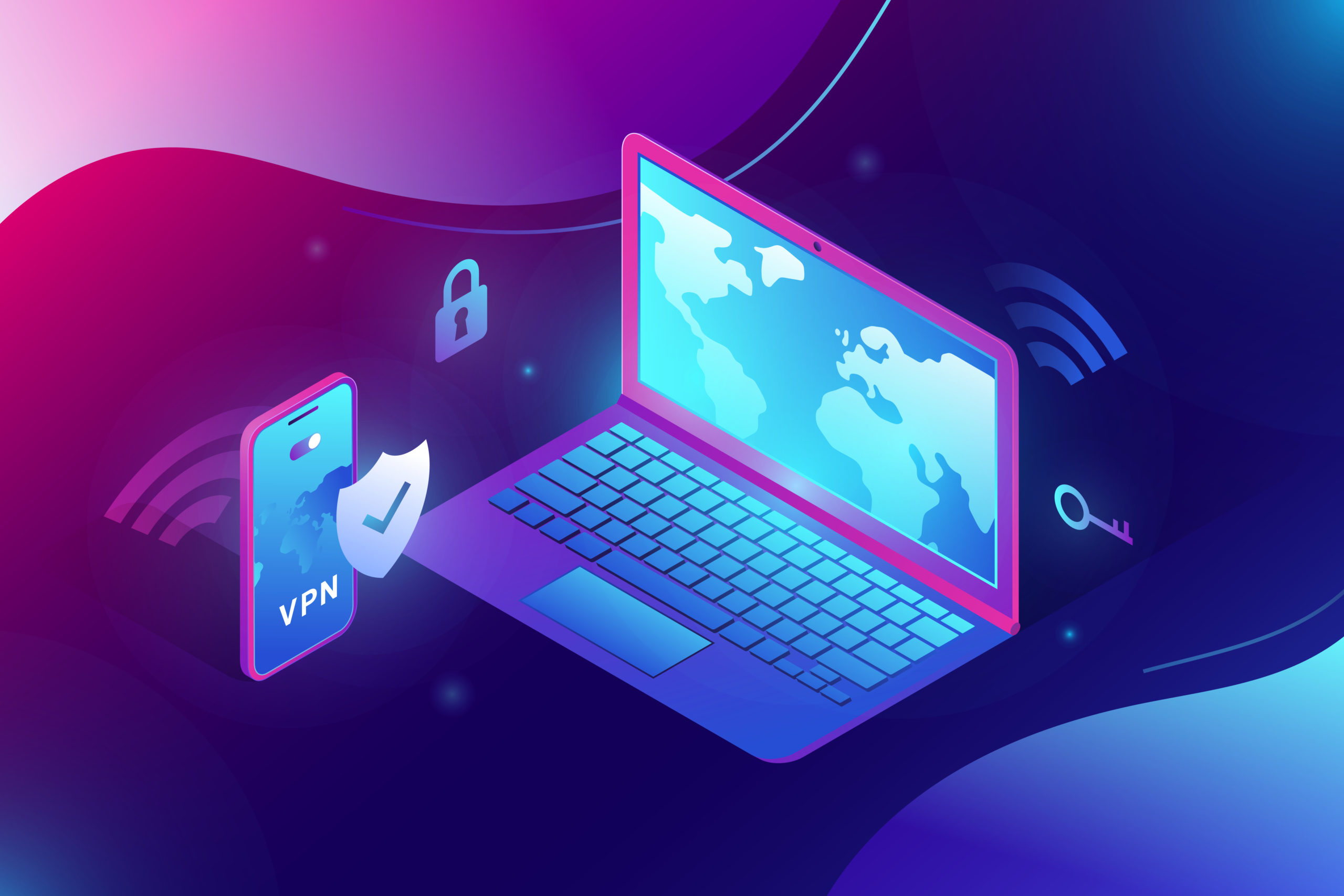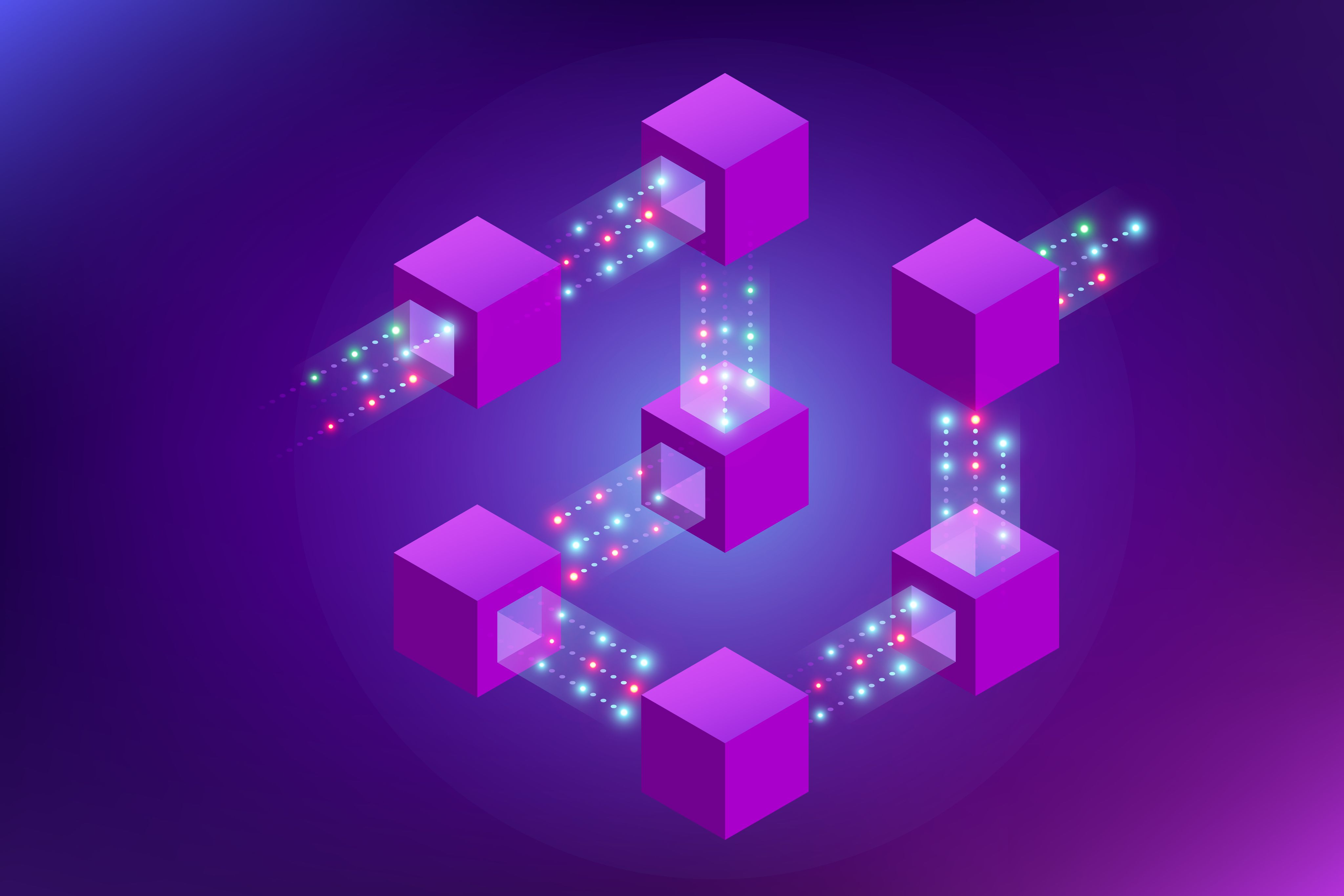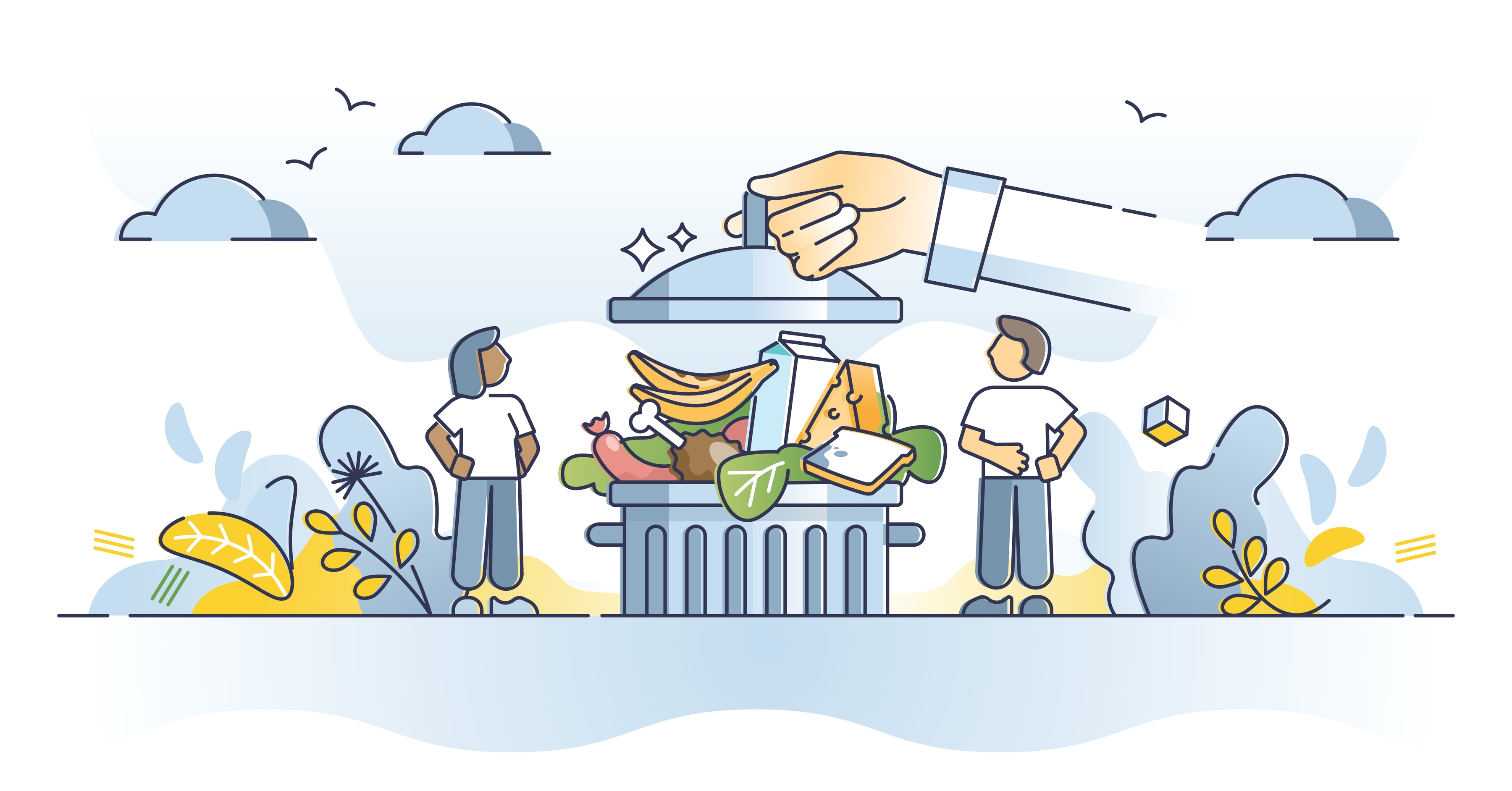You may have heard of a ‘VPN’ but not know much about it. Or you may want to stream content that isn’t available in your region, keep yourself and your family’s data safe or maybe you regularly use public wifi in the tube, but want a tool that makes you feel more protected and shields your information from strangers. This is where a VPN comes in to provide a solution to all these problems and more!
There are many VPNs on the market that offer great protection, are easy to use, and are affordable.
A Virtual Private Network (VPN for short) encrypts your data and hides your IP address through its servers. This protects your identity and information online so that you are able to browse safely and consume content, such as your favourite Netflix show, that may not be available in your region. A reliable VPN provider will have a no-log policy which means that they do not record your browsing activity, and therefore cannot hand it over to any external parties, such as the government. Some other useful features that VPNs have are kill switches, that automatically disable your internet access if the connection becomes unstable. VPNs are available on multiple devices, such as your phone, laptop as well as television, and even on gaming consoles.
Aside from unblocking content, VPNs protect your information from hackers. Information you enter online, such as usernames or passwords are encrypted using a VPN therefore data is kept more secure. Even if your data was to be hacked, the hackers would not be able to decrypt the information. This is useful for adults, who may be avid traders wanting to protect their financial accounts, and also for children. Let’s say your child has a Go Henry banking account or has their own Netflix profile on your account. A VPN will protect details, such as account information, dates of birth, or credit card details from being hacked or accessed. There are some VPNs that block ads, for those who want to browse without interruption, and also block trackers and malware that collect information or corrupt your system. Furthermore, VPNs allow you to connect to a server in a different location, by directing your traffic to that server. For example, during the height of the pandemic and even now, a lot of companies have given their employees the flexibility to work from other locations, whether permanently or for a set period during the year. This is a huge advantage, although this means that some websites or applications may not be available or work as smoothly from a new location. It can also result in searches being tailored to the location you are in or websites being displayed in the local language or currency. Switching on a VPN and setting it to a different location solves this issue as it will fool your browser into thinking you are in that region. Some workplaces have even invested in company-wide VPNs so that workers can connect remotely to the office network and look at confidential material safely. If you chose to work from a coffee shop or from a beach in Portugal, VPNs will add on this extra layer of security.
If hearing the word ‘VPN’ resulted in confusion and left you wanting to understand more about what this is and why it is relevant to you, hopefully, this short primer has answered some questions. There are many VPNs on the market that offer great protection, are easy to use, and are affordable. Have a look at our reviews of the top providers and select the one that works best for your needs. It’s never too late to stay safer online.



